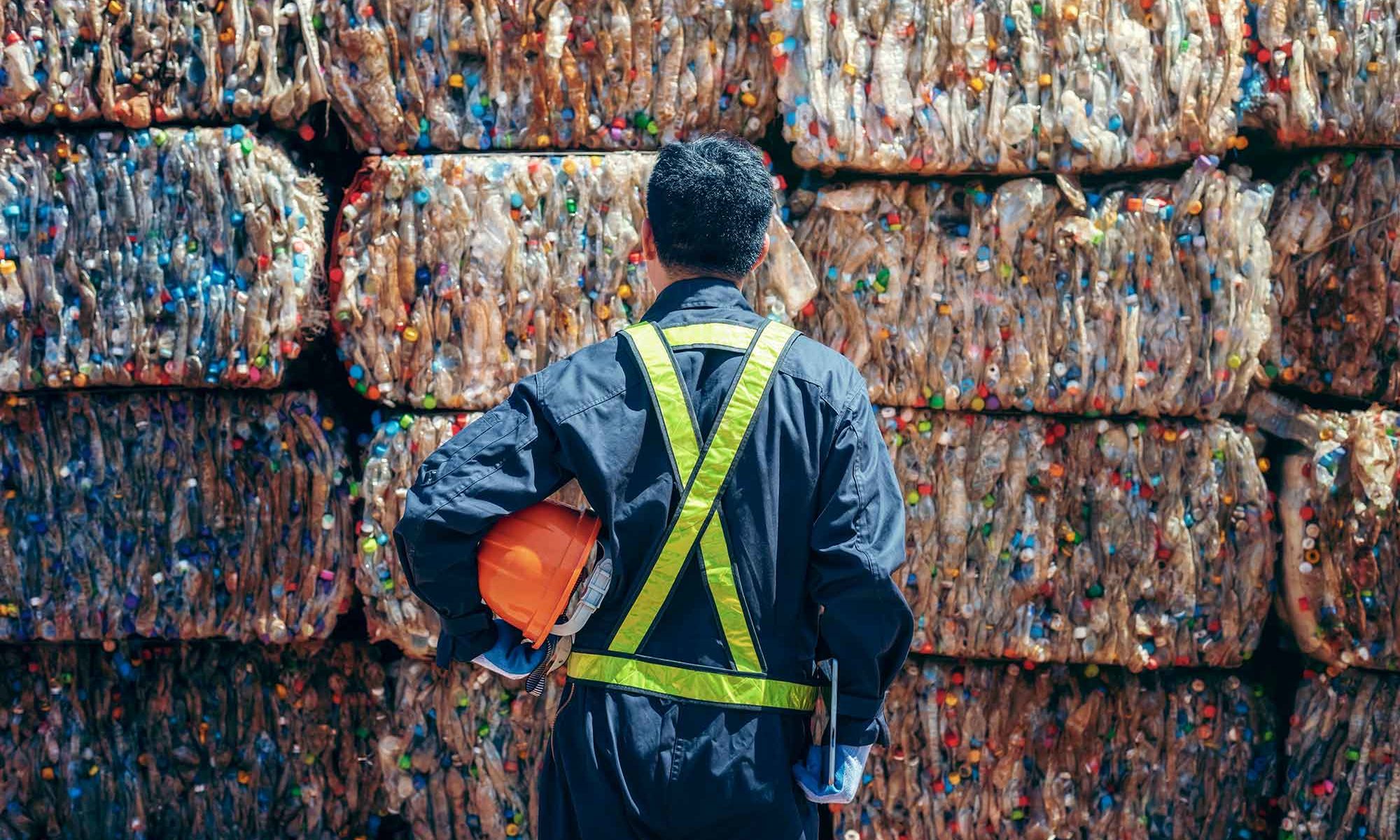This is in line with the conclusion drawn by CE Delft in a study on the potential environmental and economic impacts of a national plastic levy. The study was discussed yesterday (2 November) during the debate of the Lower House Circular Economy Committee.
CE Delft calculated that a system of national levy on fossil plastics leads to a significant competitive disadvantage for Dutch plastic producers and converters due to leakage effects to countries where this levy does not exist. This could have a substantially negative impact on the Dutch economy.
International
“Measures to stimulate the raw materials transition must contribute to the desired changes in the entire international plastics value chain,” says Mark Intven, policy advisor on materials transition at the VNCI. “The Dutch chemical industry is strongly internationally oriented: some 70% of our production is exported. The climate impact of the ‘materials transition’ is therefore mainly international. By deploying sustainable alternatives to fossil raw materials in the Netherlands, we reduce CO2 emissions not only here, but also worldwide.”
Uncertainty
CE Delft concludes that a national levy is highly uncertain and unlikely to be effective. The VNCI endorses the report’s conclusions and calls on the Lower House to focus on smart and stimulating policies that make a direct contribution to the transition to circular products and sustainable international chains. More priority should be given to the raw materials transition, which requires appropriate policies and instruments, but with an eye for international aspects. Intven: “The VNCI believes more in a mandatory blending percentage of recyclate and bio-based raw materials at European level combined with stimulating policies, rather than a system of national pricing.”
For more information, visit the VNCI’s website.
Image: Chanchai phetdikhai/Shutterstock



